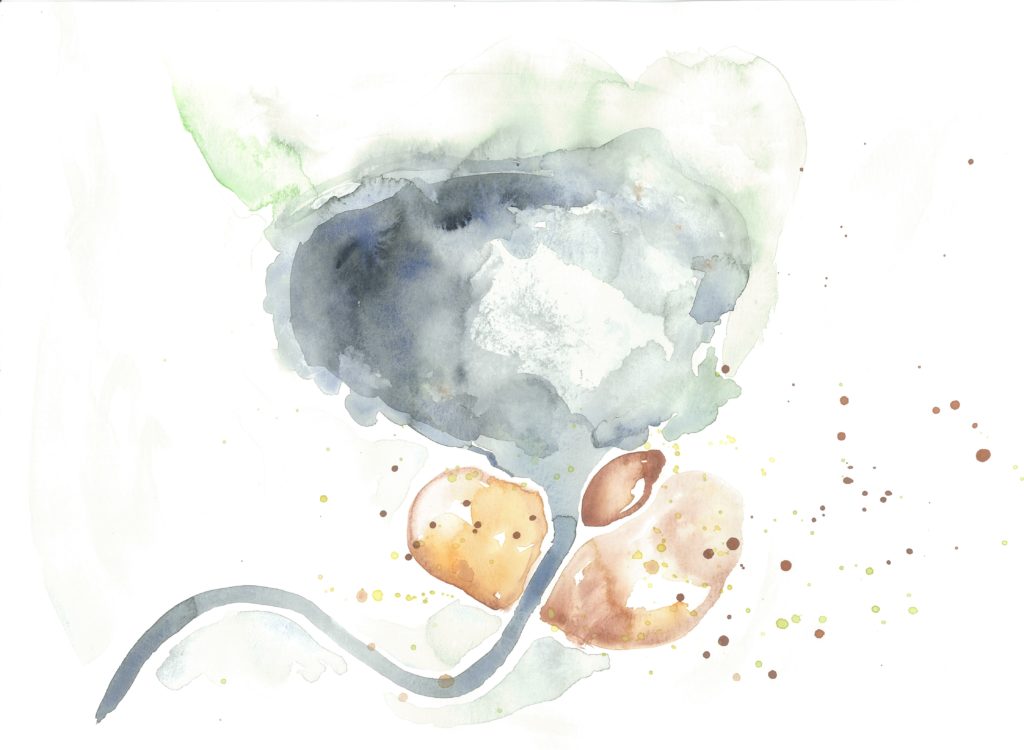Women today have many demands in their day to day life which can all affect the menstrual cycle. The menstrual cycle is linked to hormones and when the hormonal balance is not aligned irregular periods can occur. An irregular cycle can mean sometimes early, or sometimes late and is very unpredictable. In Chinese Medicine theory, the cycle should come every 29 days give or take a day or two every month. It should flow 3-7 days consist of moderate volume and should have a fresh red colour not purple, black or pale pink. The consistency should not be watery or thick like syrup and without clots. I know this sounds a little like Goldie Locks,”it’s too hot or too cold” but when regulating your period we need to get it just right!
What Causes an Irregular Cycle?
There are many possibilities that contribute including:
- Stress
- Poor diet
- Intense exercise
- Perimenopause (close to menopause) / Menopause
- Weight gain or Weight loss – Underweight, the hormones might not be functioning properly and periods may stop. Also obesity can also throw the hormones out of balance, which may cause irregular menstruation. Therefore being underweight or overweight is not recommended.
- Pelvic infection
- Uterine polyps
- Fibroids
- Uterine cancer / Uterine abnormalities
- Dysfunctional bleeding
- Hormonal Imbalance (PCOS is a common cause)
- Thyroid malfunction – produces hormones that maintain the body’s metabolism including menstruation
- Pituitary Tumor (non cancerous benign)
- Contraceptives
From a Chinese Medicine perspective 5 ways we differentiate an irregular cycle is:
1) Heat in the Blood: An early menstrual cycle, or profuse menstruation. This will be marked by bright, or dark red menstrual fluid, or fluid that is thick and sticky, accompanied by:
- a flushed face,
- restlessness,
- a dry mouth
- and excessive thirst,
- yellow urine,
- and constipation.
2) Deficiency of Qi: Early menstrual cycle, or profuse menstruation, marked by light-coloured and thin menses in addition to:
- poor appetite,
- loose stools,
- and fatigue.
3) Blood Stasis: Delayed and minimal menstrual cycle marked by dark-coloured menses with clots and pain in the lower abdomen which is alleviated after the discharge of clots.
4) Cold in the Blood: Delayed menstrual cycle, or minimal menses with blood clots, marked by abdominal pain that can be alleviated with warmth. This condition is often accompanied by cold limbs and an aversion to cold.
5) Stagnation of Qi: Irregular menstrual cycle, or scanty or profuse menstruation, marked by purplish and hesitant flow accompanied by:
- uneasiness, or irritability and a preference for sighing,
- hypochondriac distension or pain,
- and breast distension.
Uncomfortable symptoms pre, during and post period are not normal. Women today believe cramps, bloating, headaches, acne, increased appetite, weight gain, moodiness and general un-wellness are all the natural month to month bodies response to menstruation. It is NOT! This is a way for the body to tell us we are not in balance and not in homeostasis. In fact, most if not all women have experienced irregular menstruation to some extent in their life. Chinese Medicine has had thousands of years of experience in the successful treatment of different patterns with acupuncture, herbal formulas, and other therapies.
So, How Can Acupuncture Help?
- By regulating the hormones that control your period – Several hormones ensure regular periods and acupuncture can assist by regulating the feedback loop between the brain and ovaries, also known as the Hypothalamus-Pituitary-Ovarian (HPO) axis. If hormones are balanced the HPO axis will function properly. Studies have also shown acupuncture can reduce FSH (Follicle-stimulating hormone) and reduce elevated levels of hormones that block ovulation.
- Improving ovarian and uterine blood flow – High levels of stress and aging decrease the flow of nutrient dense blood to the reproductive organs. It will calm the nervous system which cases the blood vessels to dilate, and will increase blood flow. This ensures ovaries are well nourished and the endometrial lining is able to grow to the needed thickness for menses to flow.
- Promotes ovulation – With the HPO axis openly flowing the communication with the uterus and the ovaries can support maturation of an egg and ovulation will naturally occur! Therefore, menses will follow 14 days after unless there is conception.
Nature intended menstruation a to be a time of rest, cleansing and rejuvenating. Lifestyle and diet play a huge role in the self-care of your body. Take it easy during menses, don’t exercise heavily, keep your lower abdomen warm, eat light and nutritious and stay away from the usual suspects: greasy and fried foods,alcoholic and caffeinated beverages but also spicy or uncooked/raw foods as well as . Abstain from sex as the natural flow of menstruation is downward. Listen to your bodies subtle messages and it will help you determine what is going on.
If you would like to talk to a professional about how we can help with your irregular period symptoms, you can book a free 15 minute consult by calling 604-873-9355 or sending an email to office@yinstill.com.
Kelsey Bru
Student of TCM
ICTCM Vancouver


